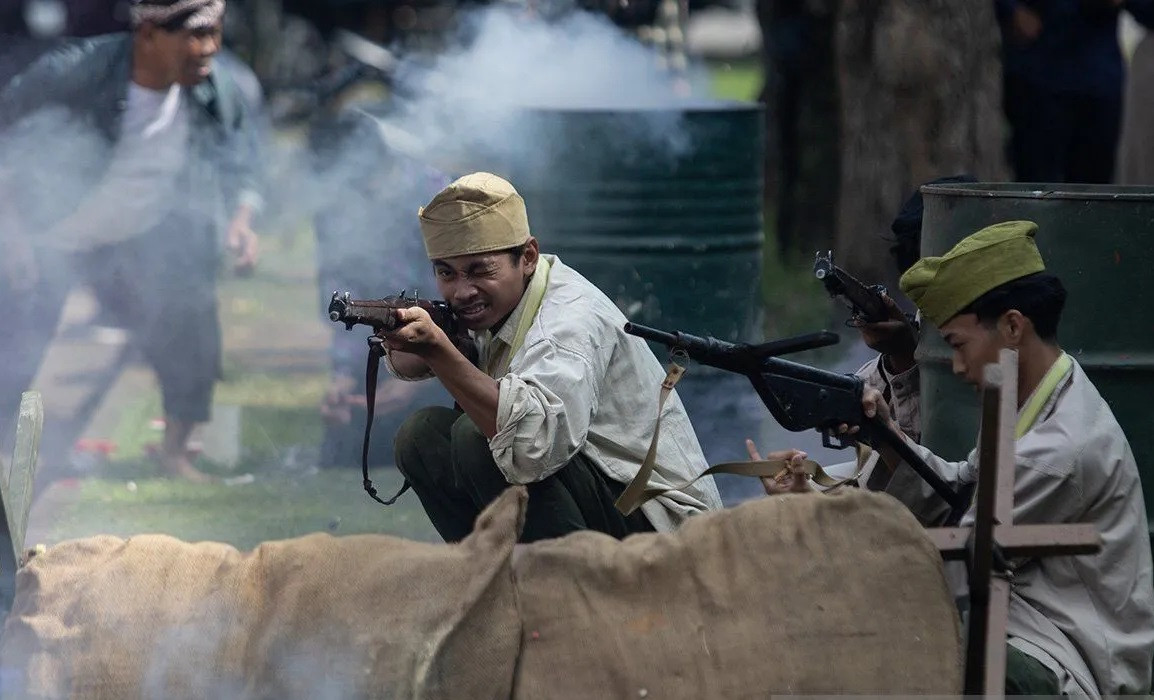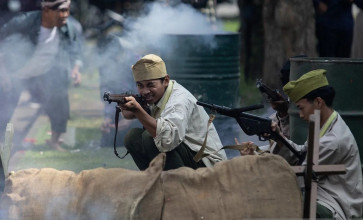Popular Reads
Top Results
Can't find what you're looking for?
View all search resultsPopular Reads
Top Results
Can't find what you're looking for?
View all search resultsAndi Mattalatta, the untitled independence hero
Mattalatta had opted to forgo being a king in South Sulawesi in order to fight for national independence, and his dedication in forming the Hasanuddin regiment was part of this struggle.
Change text size
Gift Premium Articles
to Anyone
P
residential Decree No. 2/2022 acknowledged a pivotal moment in the struggle for Indonesian independence, the “general attack” on Yogyakarta on March 1, 1949. At the same time, the deliberate omission of Lt. Col. Soeharto means there is a gap in the pantheon of heroes, in effect declaring a place for a national hero not yet recognized.
According to Harvard-trained Indonesian historian Harsja W. Bachtiar (1934-1995) who wrote The Formation of the Indonesian Nation, Andi Mattalatta from South Sulawesi played a key role in the historic attack. This came about through his friendship with Sri Sultan Hamengkubuwono IX who was appointed to that exalted position after years of study in the Netherlands, just when World War II began. He remained the sultan of Yogyakarta during the Japanese occupation but declared his support for the Republic as soon as news of the Proclamation of Independence hit the airwaves.
Straightaway, Mattalatta, too, pledged his support for Indonesia’s independence. As the teenage son of the king of Barru in South Sulawesi – “Andi” is an honorary title – his reaction was the opposite to what might have been expected of Bugis nobility. He traveled from Sulawesi to Java where he met the sultan and despite their 10-year age difference, the two became firm friends.
Mattalatta was well educated and a skilled photographer with his own camera. More than this, Mattalatta had distinguished himself in pre-war athletics in swimming (Surabaya 1933) and boxing (Makassar 1938). By defeating Dutch competitors, he won the adulation of many who cherished the ideal of independence.
Expounding this same theme as a (retired) major general, in 2003, the year before he passed away, he published his 644-page autobiography, Pursuing Self-dignity and Self-esteem: Notes and Memories.
It was his right to step into his father’s shoes to become king, but in 1945 he gallantly refused the mantle of royalty and opted for armed resistance against Dutch colonial power. This won the strong approval of the Yogyakarta sultan. He and the sultan often discussed in detail how to upgrade Republican armed forces to oppose Dutch recolonization.
When Mattalatta came to Central Java in 1945, he also met Kahar Muzakkar from South Sulawesi who was studying Islam in Surakarta. He and Mattalatta soon joined forces, setting up military units which later became known as the Hasanuddin regiment.



















